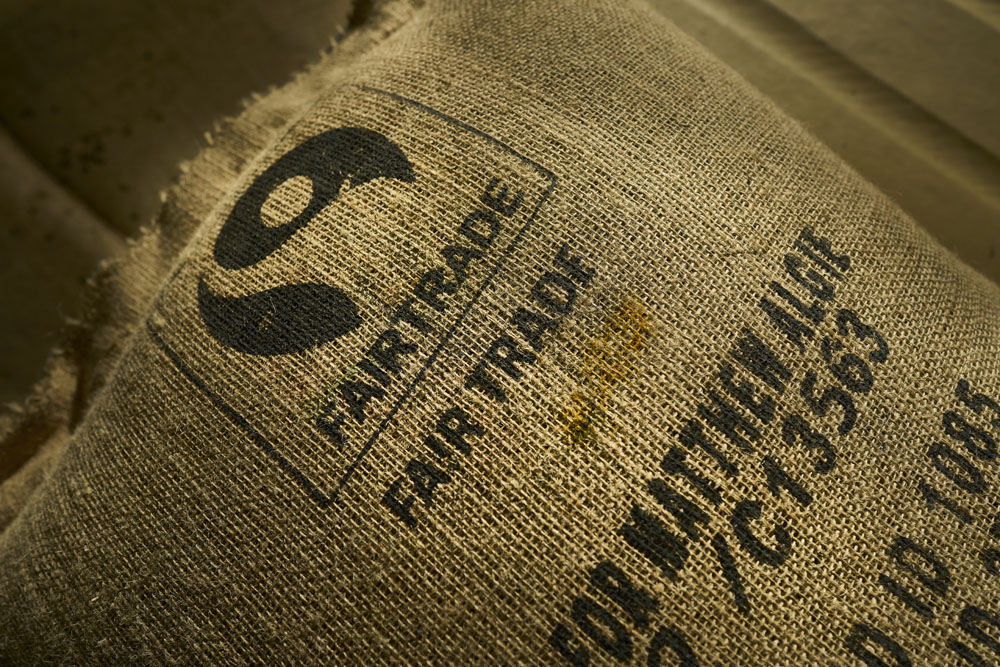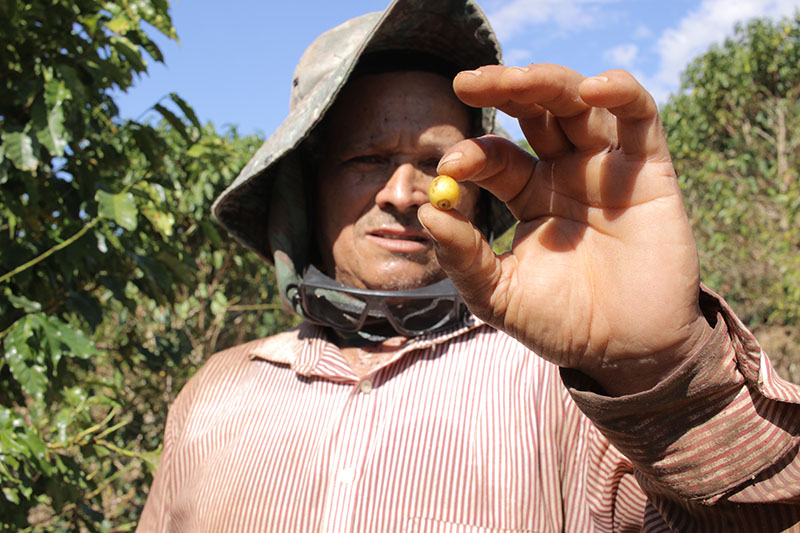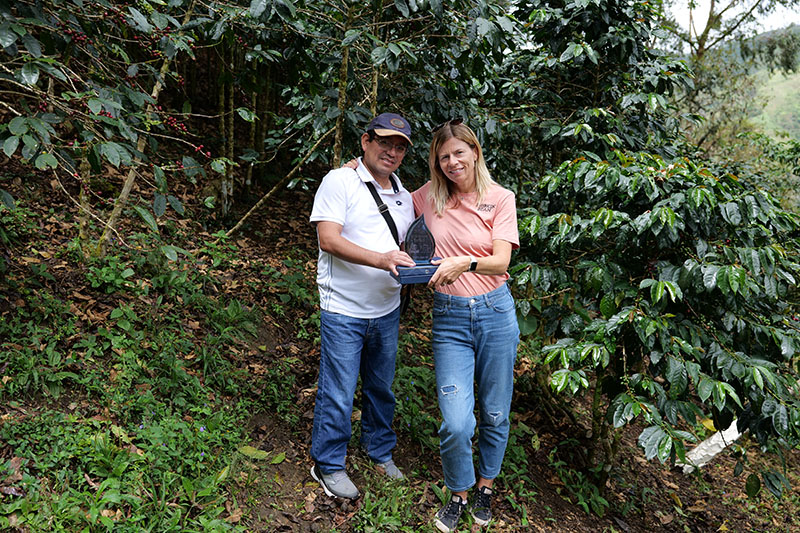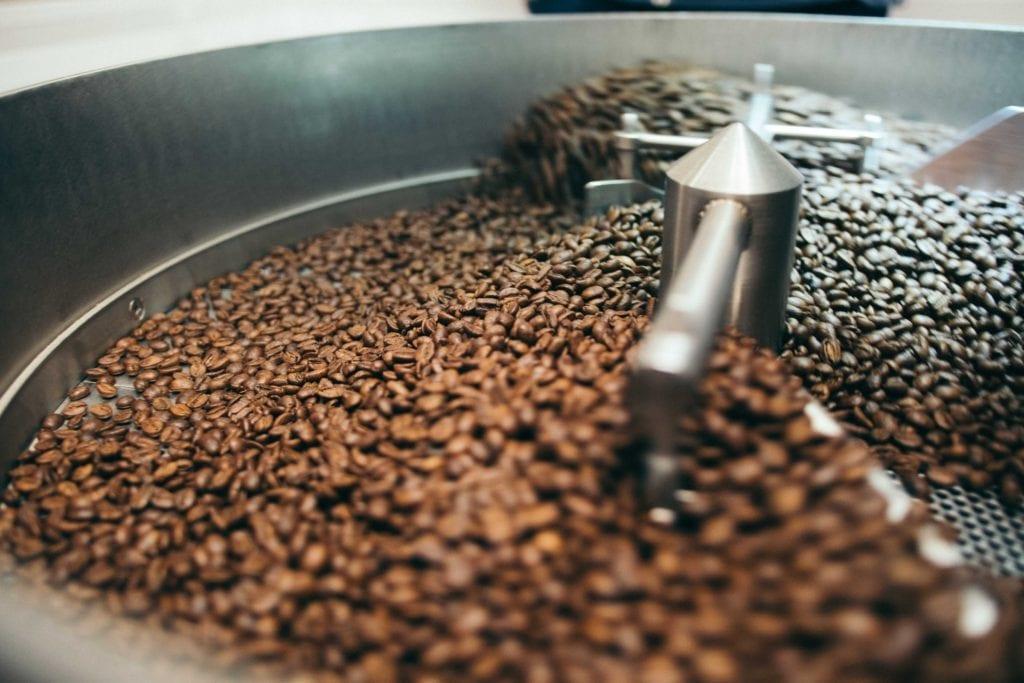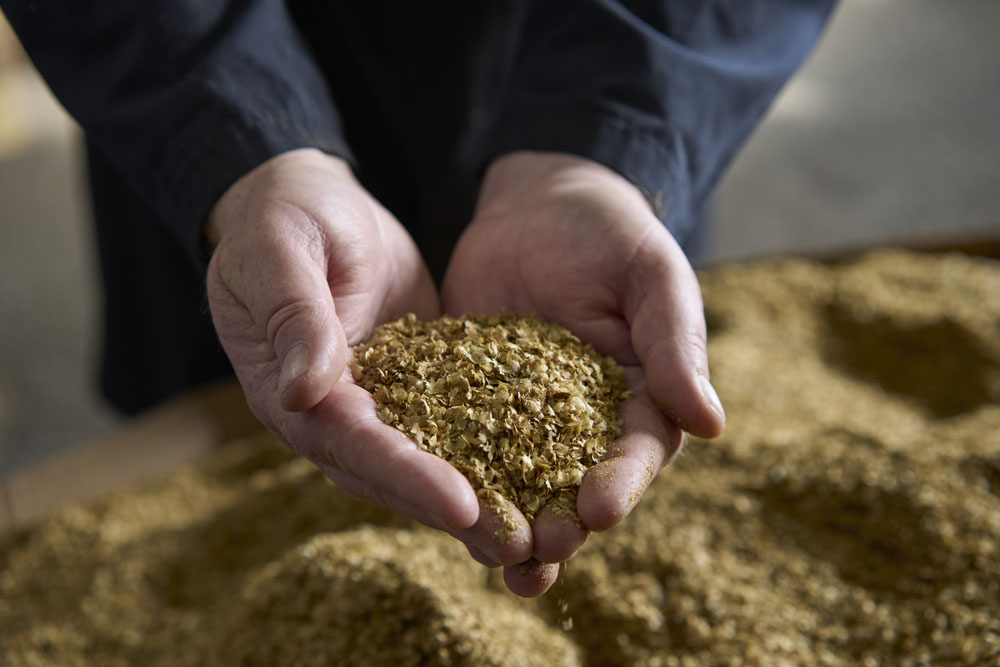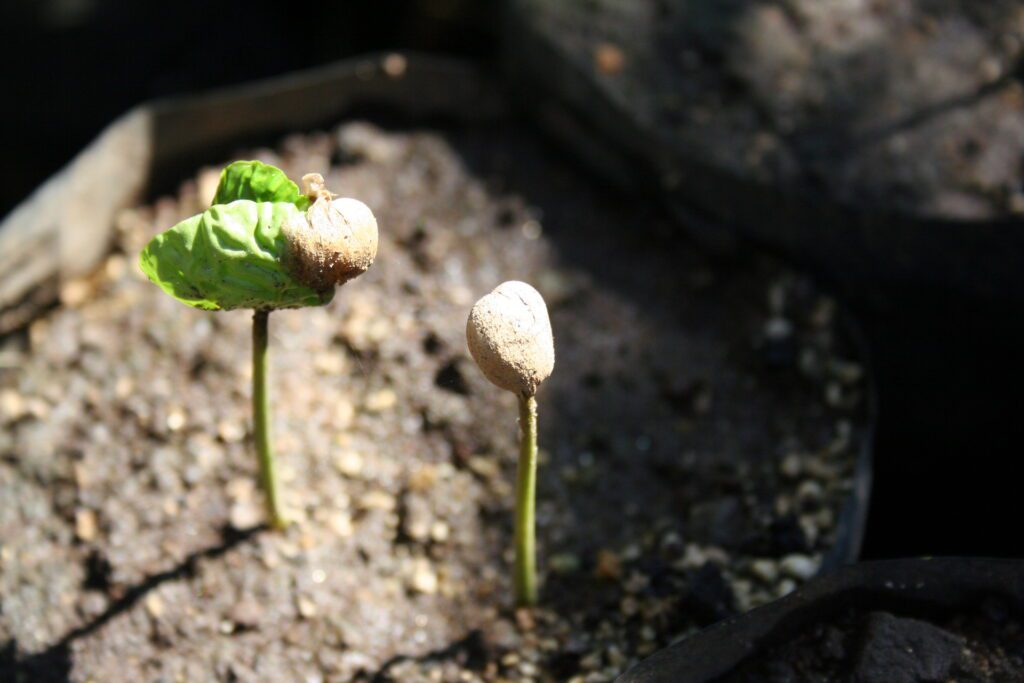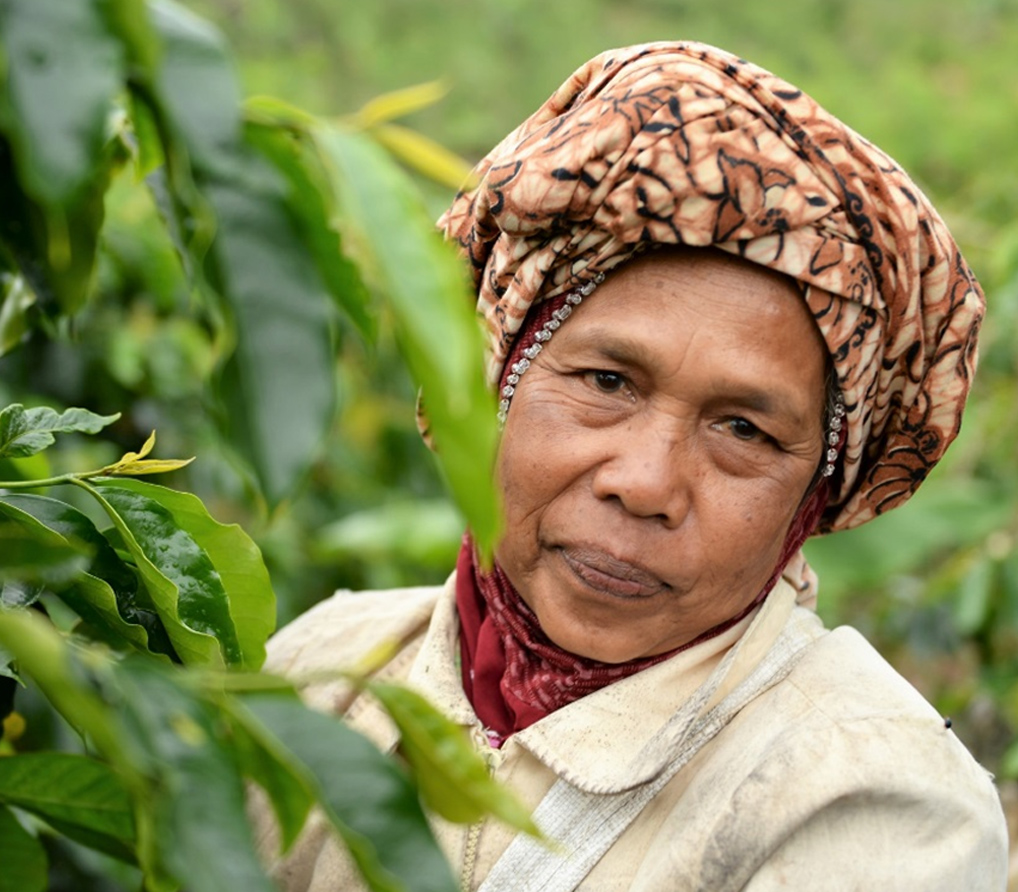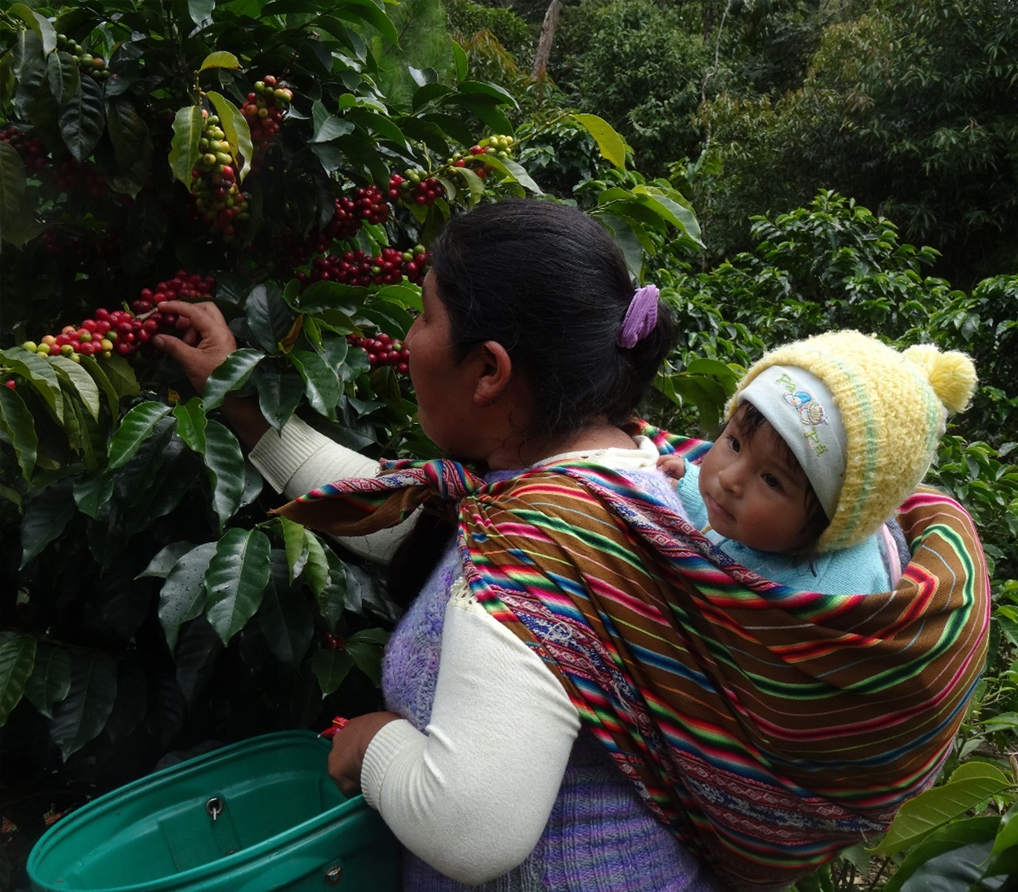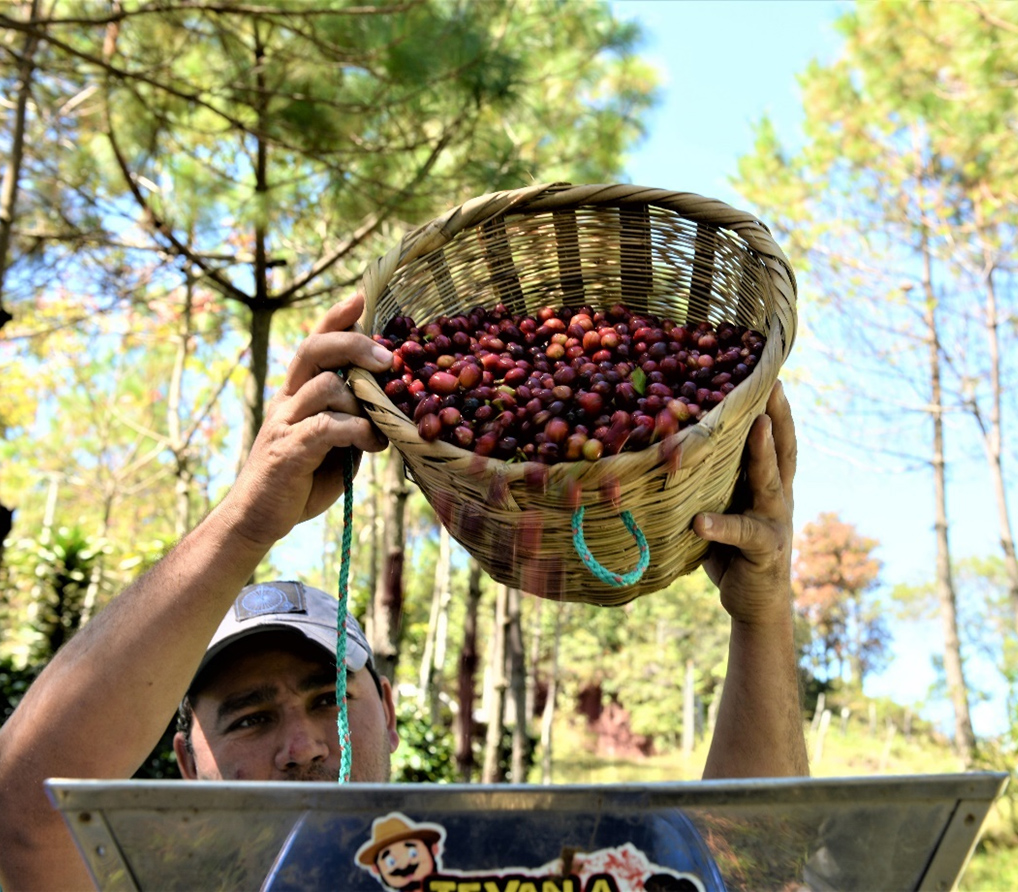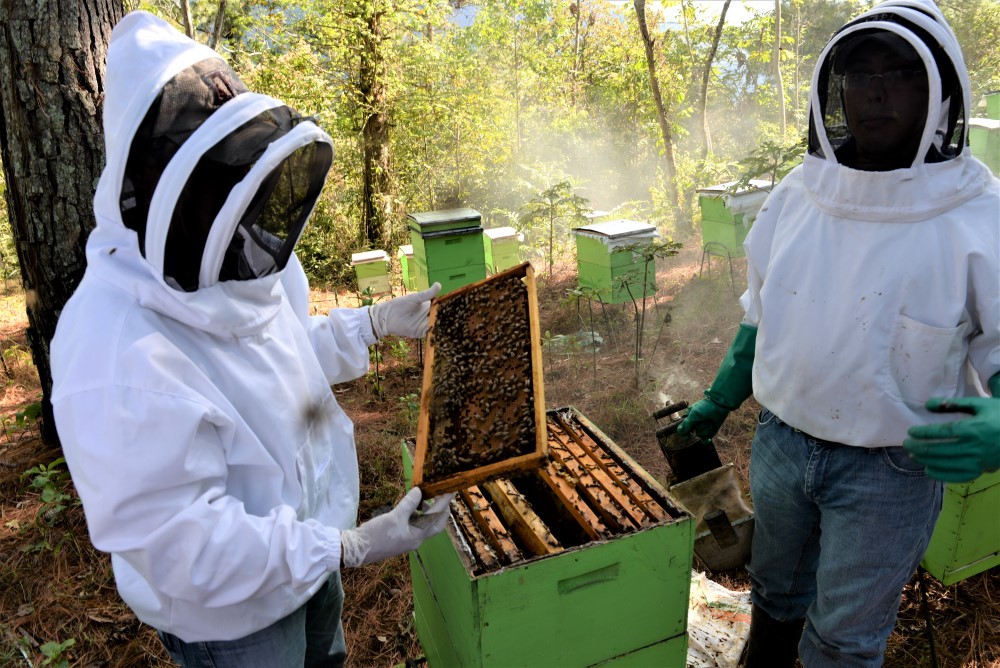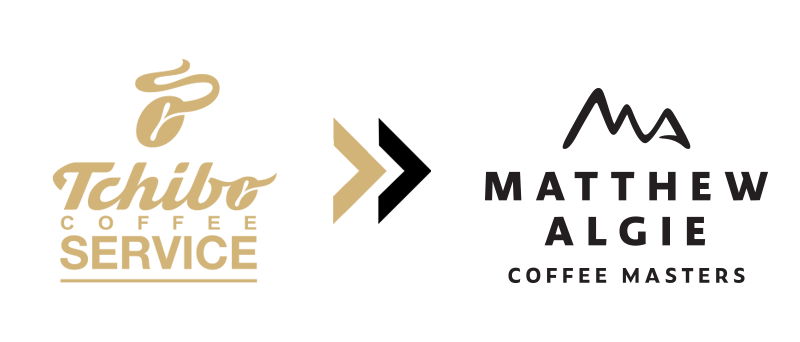Sustainability is at the heart of everything we do
Our five-pillar plan sets out our sustainable and development goals, covering sourcing, the environment, people, and community. We have achieved a lot over the years, but we recognize that there is still much more we can do. Therefore, we are determined to set meaningful priorities and take genuine and radical steps towards a more sustainable future.
To achieve this, we have designed our Net Zero by 2040 roadmap, which is a comprehensive vision of the actions we need to take to minimize our scope 1, 2 and 3 emissions based on the latest climate science. In addition to this roadmap, our 2023-24 goals provide us with strategic direction up until 2025. This will lay the foundations for our net zero journey and bring alignment in the time periods that we will work towards our environmental, social, and economic sustainability objectives.
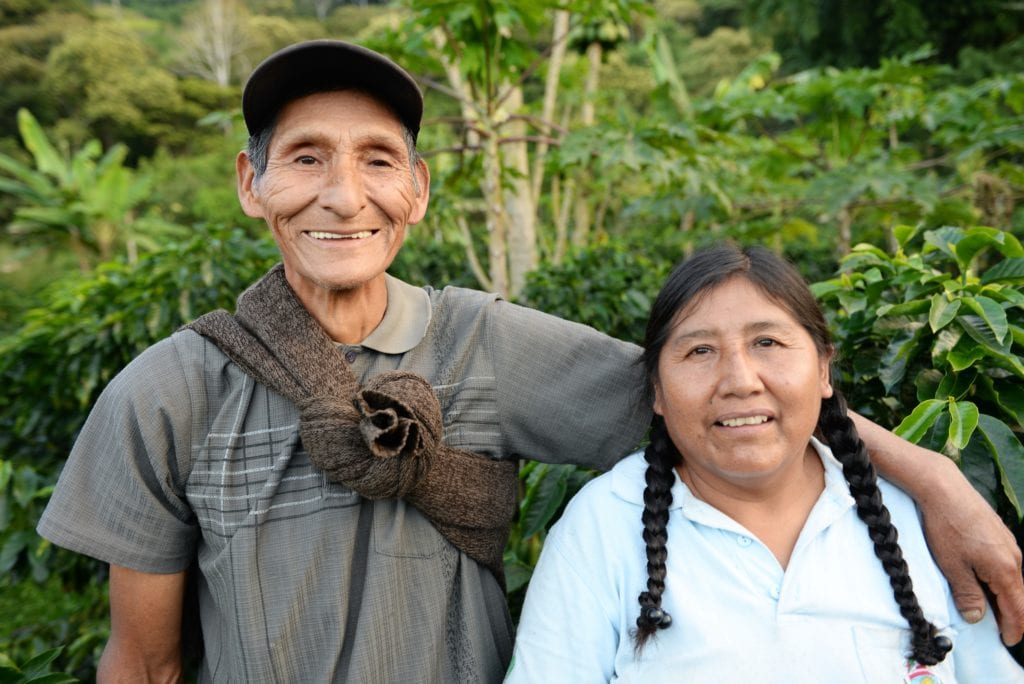
Our Five Strategic Pillars
Our five-pillar plan sets out our sustainable and development goals:
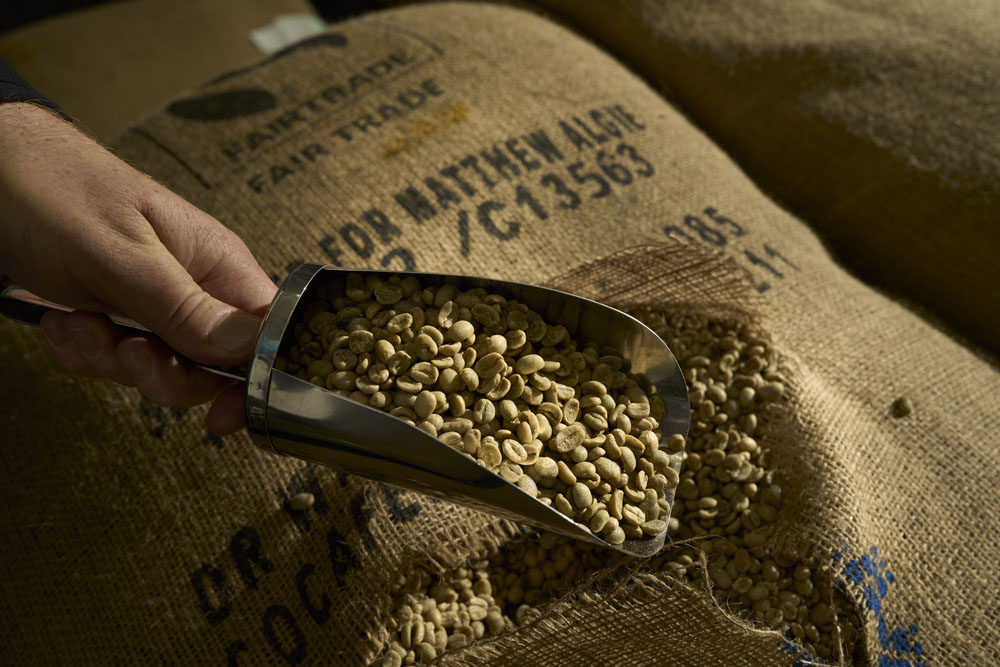
1. Sustainable Sourcing of Coffee
We understand and have seen first-hand the challenges faced by coffee farmers, such as climate change, urban migration, and low profitability. Therefore, it is our top priority to develop innovative ways of working to support the livelihoods of smallholder coffee farmers while ensuring environmental, social, and economic sustainability.
Since the mid-1990s, we have taken significant steps towards sustainability by ensuring that 95% of the coffee we buy has at least one sustainable certification. Additionally, we have established direct partnerships with key suppliers to enhance quality and sustainability.
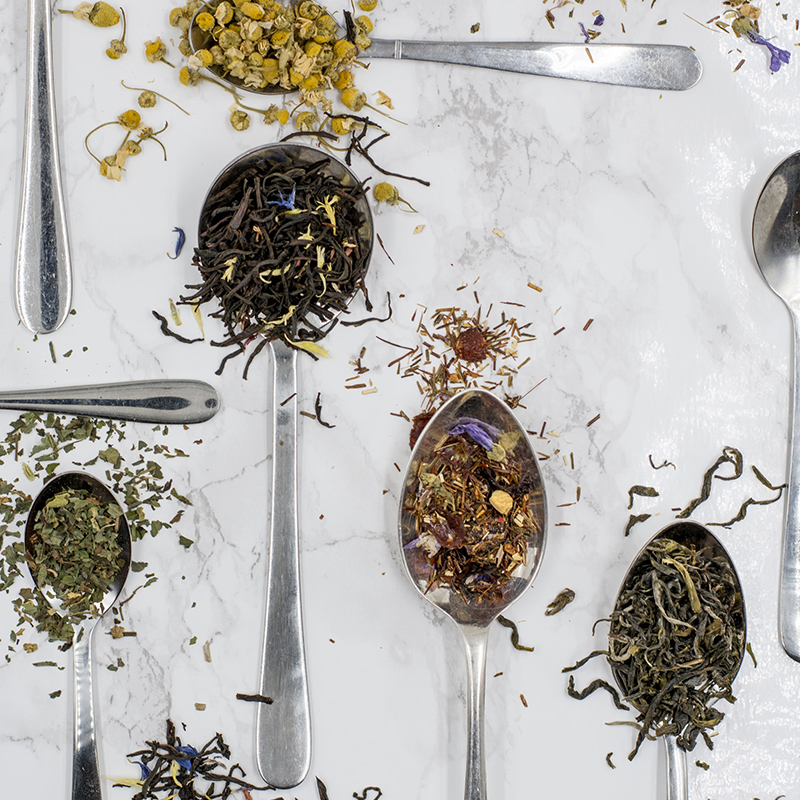
2. Sustainable Sourcing of Other Products
Tea, cocoa, and sugar are just as important as coffee in promoting sustainability. When choosing our suppliers, we ensure we partner with organisations with strong sustainability credentials and similar values to ours—using independent certifications like Fairtrade and Rainforest Alliance to validate our supplier’s ethical practices.
With strict requirements in place, we can ensure our entire product line is championing sustainable practices, and we hope to inspire others to make more environmentally conscious choices, too.
3. Our Environment
Climate change is having a damaging effect on global coffee production. It’s resulting in lower yields, higher production costs, and poorer quality coffee cherries. Our coffee producers are facing its harsh consequences. That’s why at Matthew Algie, we are working proactively to address climate change in every relevant area of our operations. We are reusing, refurbishing and recycling machines, parts, and packaging where possible. We are also increasing the number of electric vehicles in our fleet and committed to procuring deforestation-free products. We have recently won the Sustainability Award at the Glasgow Business Awards in 2023. We are proud to have measured and offset our carbon emissions at our Glasgow roastery, making us carbon neutral, and we are on track to be Net Zero by 2040.
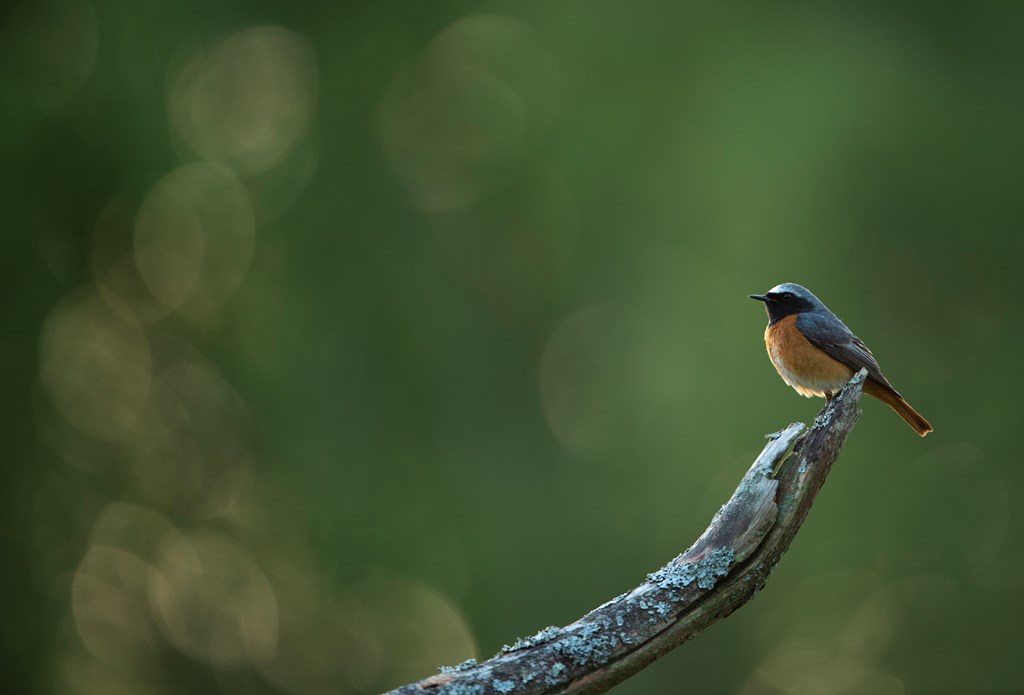
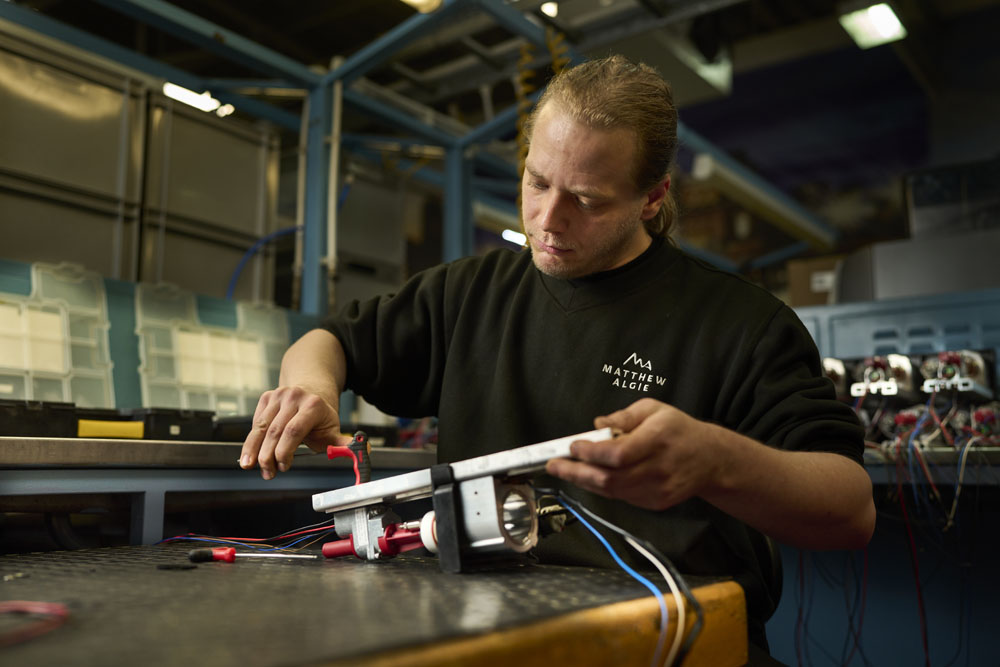
4. Investing in Our People
We’re committed to creating a fantastic place to work. We listen to and engage with our employees, offering opportunities to young people and improving our employee benefits package. We’re proud to pay the Real Living Wage and take a zero-tolerance approach towards human rights violations. Our team undergoes regular modern slavery prevention training, and we’re always transparent in our approach.
Our main priority is to promote a culture of inclusivity, respect, and wellbeing, and we’re proud to say that we’re always working hard to protect our employees’ human rights.
5. Engaging with Our Community
Our community extends far beyond the walls of our office. From our longstanding suppliers to our diverse customers and local community, we are committed to tackling important issues and donating our time, money, and expertise to those who will benefit from it. Since 2017, we have accomplished some remarkable feats. We have donated over £50,000 to the Friends of Coffee Foundation to implement five projects with coffee farming communities in Western Honduras. We have also raised over £28,000 for our local charity partners. In addition, we have launched our partnership with the John Muir Trust, supporting their work in engaging young people in conservation and protecting Scotland’s Rainforest. Our efforts have not gone unnoticed, as we received the “Outstanding Demonstration of Social Impact” Award from the University of Manchester.
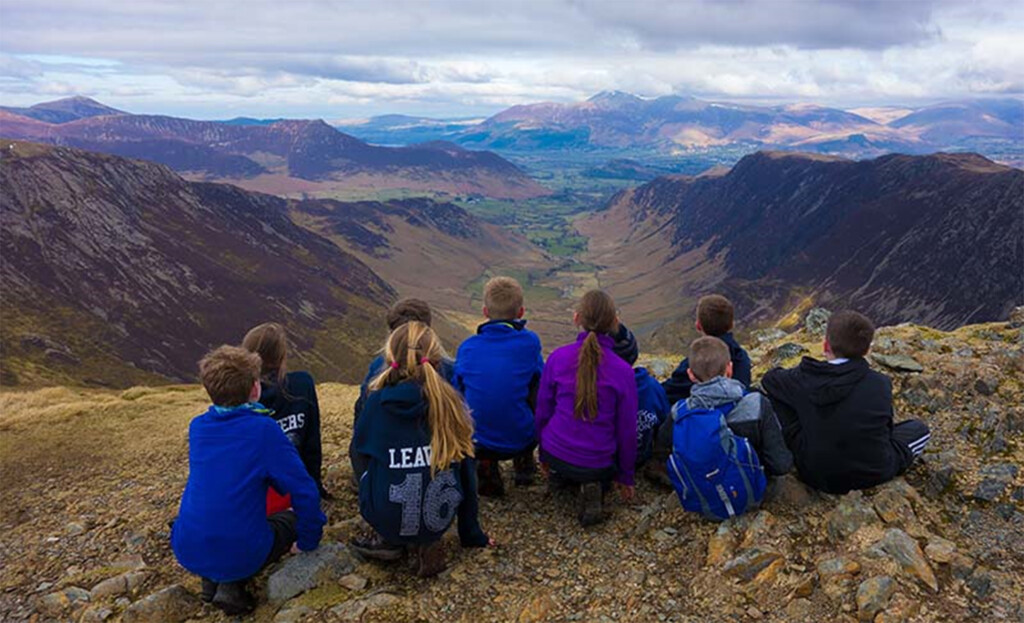
Read our Sustainability Report
For more information, read our latest sustainability report.
2021/2022 Sustainability Report